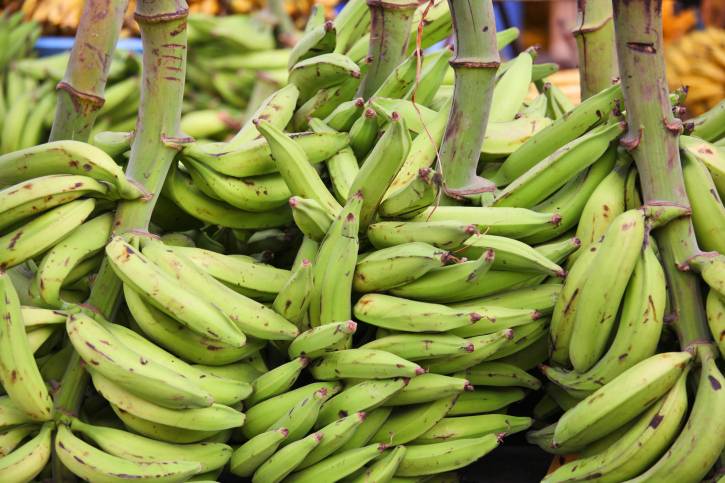The drama that has been unfolding between a Ghanaian farmer and a neighboring farmer took a dramatic turn as the former was sentenced to prison for eight months for stealing plantain and cassava on the latter's farm. Such incidents have drawn wide attention not only from local communities but also from agricultural associations, highlighting, once again, the continuous problems farmers are facing in the region, most especially regarding food security and economic pressure.
The suspect, one Kwame Asante, entered the farm of his neighbor and harvested a large quantity of plantain and cassava. Upon discovering the theft, the neighbor channeled the issue to the local leaders, after which the suspect was arrested. Asante pleaded guilty in court, explaining that he was desperate because he couldn't feed his family.
The prosecutor said in court that the sentence had to be a deterrent of theft in the agricultural sector, which is vital to the nation's economy. "Agriculture is the backbone of our nation, and we must protect the rights of farmers and their hard work," he said. The court also considered Asante's plea for leniency, considering the financial challenges faced by many farmers. He, however, later sentenced a custodial sentence to deter the accused from committing such offense again in the future.
The decision has brought to the fore a spat within the community on the latent issues of abject poverty and lack of food that force them to commit such an act. Many residents sympathize with Asante, arguing that the government should do more to improve farmers' conditions for such crises not to be repeated again. Agriculture experts have blamed the scenario, saying that there was an urgent need to invest more in the farming projects, adding that if the root causes of poverty were rightly tackled, such instances of thefts and other crimes could be reduced.
The case of Asante was a brutal reminder of the many dangers farmers put up with and called for more wide-ranging agricultural policies which sustain livelihoods and promote food security. This has called on leaders in the community to demand that this government build more economic opportunities in rural areas to avoid such incidents in the future and to assist the agricultural industry in their time of need.




No comments yet
Be the first to share your thoughts!